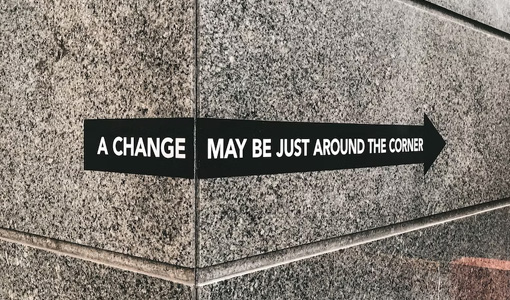FAQ
1. Are the sessions covered by MSP or extended health benefits?
At this time, the BC government has not included counselling as part of the medical care program like they do for physicians. There is an ongoing advocacy to make counselling more safe and accessible, such as removing the GST charge, including Registered Clinical Counsellors into the new reconfiguration of the professional governing colleges.
Many workplaces have an extended health benefit program (i.e. Sunlife, Canada Life, Green Shield, Pacific Blue Cross) and offer some financial coverage for counselling. Clients should double check their coverage if the agreement includes specifically “counsellors”.
If your extended health benefit does not include counsellors in the list of approved counselling professionals, sometimes employees can negotiate that the agreement adds counsellors into the wording.
2. What’s the difference between psychologist, social worker, and a counsellor?
A psychologist and a social worker are protected terms in BC because there is a governing college that oversees individuals making such claims, like other professionals such as a dentist, a nurse, a medical doctor, or a registered massage therapist. Counsellor is currently not a protected term.
A Registered Clinical Counsellor title is reserved for individuals who have completed at least a master’s degree in counselling. Counselling programs are specifically designed to train graduates to be able to act in highly ethical and legal manners, conduct assessments about a client’s mental health concerns, formulate a case conceptualization, create a treatment plan, and carryout interventions with the intention of reducing the presenting issues.
Social workers are trained at both the bachelor’s and master’s level, primarily focusing on understanding the social determinants of health and wellbeing. A large part of their program is teaching graduates to advocate for clients at the front line and program level, and to support them in removing barriers to access help. For some master’s degree, the graduates may have specific training in counselling experience that allow them to also provide talk therapy to clients in a similar way as a Registered Clinical Counsellor.
Registered Psychologists are doctoral level graduates who are trained to do thorough clinical assessments as well as counselling therapy. They are regulated at a high level and thus, their clinical activities are held with more scrutiny, and they are accountable under the Health Professional Act.
3. What’s the difference between a Registered Clinical Counsellor and a Registered Professional Counsellor (RPC) or Registered Therapeutic Counsellor (RTC)?
Unfortunately, the term counsellor is not yet protected despite the BC Association for Clinical Counsellors (and other associations) have been pushing the government to allow a college to form and protect the public.
As mentioned in the section above, a Registered Clinical Counsellor minimally must have a master’s degree in counselling psychology with specific training for ethical and legal conduct, counselling assessment, interventions, case conceptualizations, treatment planning, and interventions.
A Registered Professional Counsellor or a Registered Therapeutic Counsellor, at a minimum, must have a diploma in counselling coursework. The training may resemble other graduate counselling programs at a diploma level rather than at a graduate level.
4. What’s the difference between counselling and talking to a friend?
Although a competent therapist may create a safe environment such that it may mimic the felt safety of talking to a best friend, the similarities end there. A kind and caring friend would listen and may provide advice to you, a trained therapist straddles between deep empathic listening and understanding about your experience, at the same time, using a clinical framework to help you move incrementally towards your treatment goals. This may be providing you corrective information, reframing, coping strategies, or gaining new insights into your patterns of behavior. Furthermore, many clients have felt that there are parts of themselves that they cannot share with people in the lives and talking to an unbiased professional offers the safe space to open yourself to your whole being and explore these different parts without judgement or fear of others knowing.
5. What should I expect in the free 30-minute consultation?
The consultation has two main purposes: we aim to talk about the reasons you are seeking counselling, and how might our team be able to help you towards your goals; and whether the therapist feels like a good fit for you. The goodness of fit is based on your physical, emotional, and cognitive experience while talking to them. Ultimately, you want to feel like the therapist is working at understanding you in a way that makes you feel safe and comfortable.
6. Why should I work with a counsellor from Incourage Counselling rather than work with another therapist somewhere else?
Our team of counsellors aim to offer clients a felt sense of safety in therapy. We provide counselling in a heart-felt and authentic way where your wellbeing is at the centre of all activities. The specific therapist’s background, training, and experiences are unique, but our team is highly selective in finding the therapists who genuinely care about clients and offer their whole selves in session in a therapeutically healing way. In addition, our team has ongoing supervision and support, as well as having professional development and learning goals as we progress through our stages of growth as a therapist.

Do you have some questions?
Incourage Counselling provides counselling services in Burnaby, BC. Reach out to us today and book a free consultation.
